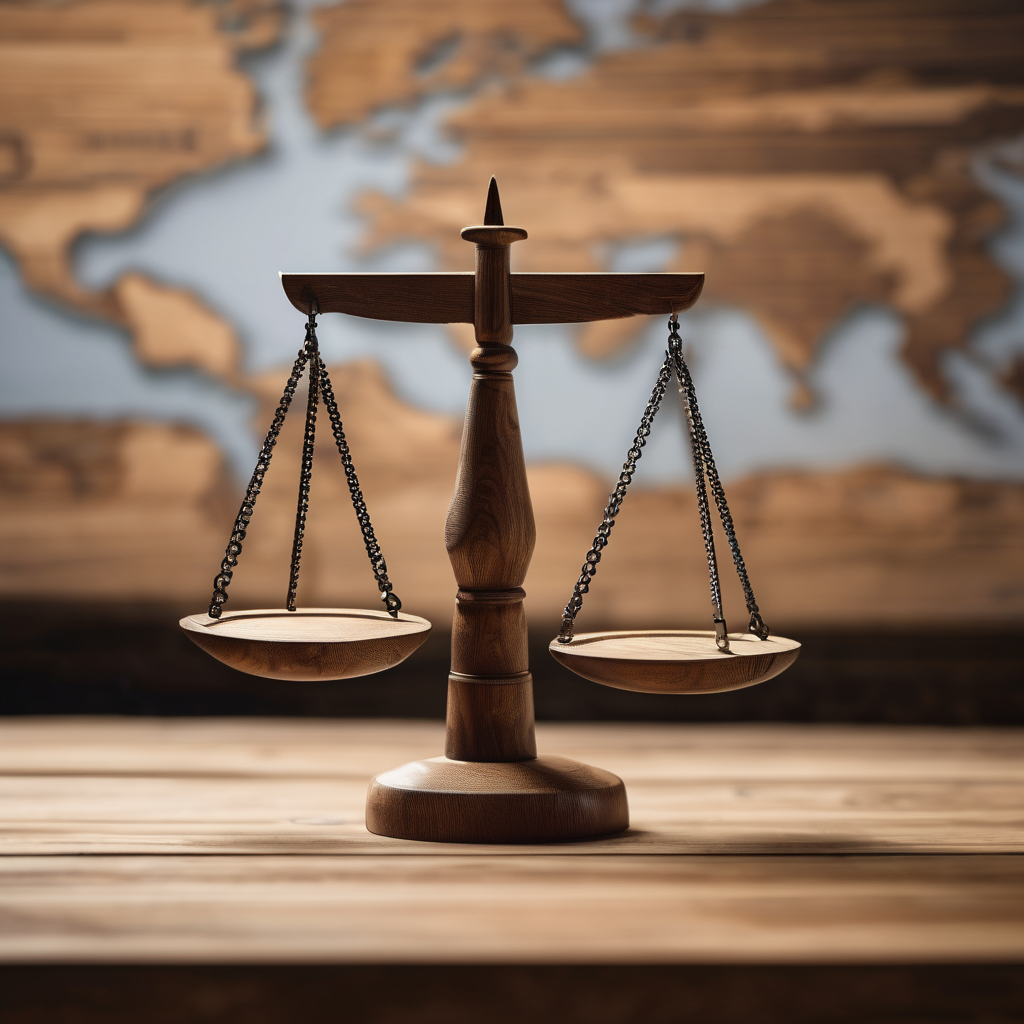The Fiji Human Rights and Anti-Discrimination Commission (FHRADC) is advocating for significant reforms to enhance its independence and attain full international accreditation. This urgent call for change was made during the Asia-Pacific Forum of National Human Rights Institutions, where FHRADC Director Loukinikini Vili Lewaravu addressed the media about the inadequacies in the current recruitment process for commissioners, describing it as lacking independence and undermining the Commission’s credibility.
Lewaravu highlighted that the Commission lost its A status in 2007 after the coup in December 2006 and has since been striving to regain full recognition. Although it achieved a B status in 2021, it is still only partially compliant with the Paris Principles, which set the global standards for national human rights institutions. To enhance transparency and credibility, Lewaravu proposed the establishment of an independent panel to manage the shortlisting and interviewing of commissioner candidates.
“One of the key issues we’re going to discuss is the independence of institutions… what that means for a National Human Rights Institution and for a country to have an independent body capable of effectively promoting and protecting human rights,” Lewaravu affirmed.
Restoring the FHRADC’s A status is essential, as it would grant voting rights in international forums and enable full participation in United Nations human rights committees. The organization of the Annual General Meeting in Fiji for the first time in nearly 19 years demonstrates the Commission’s dedication to achieving independence and adhering to international standards.
The necessity for restoring the FHRADC’s reputation is particularly significant given its historical context; it initially achieved A status upon its establishment in 1999 but experienced a considerable decline in credibility following the 2006 coup, largely due to perceptions of favoritism in the appointment of commissioners. Past initiatives aimed at ensuring a more transparent selection process have been encouraging and are seen as critical steps towards rebuilding credibility and public trust.
In its upcoming biannual conference, the Commission intends to outline Fiji’s journey toward regaining A status, engage with regional partners and civil society, and delve into crucial topics such as the role of human rights defenders, climate change, and its implications for human rights.
The FHRADC’s commitment to reform is vital not just for the organization itself, but for the broader human rights landscape in Fiji. By prioritizing accountability, transparency, and merit-based recruitment, there is optimism that the Commission can strengthen its role in promoting human rights and restore trust among its citizens and the international community. This proactive approach could ultimately herald a positive shift towards enhancing human rights protections and fostering a more resilient culture of human rights in Fiji.
